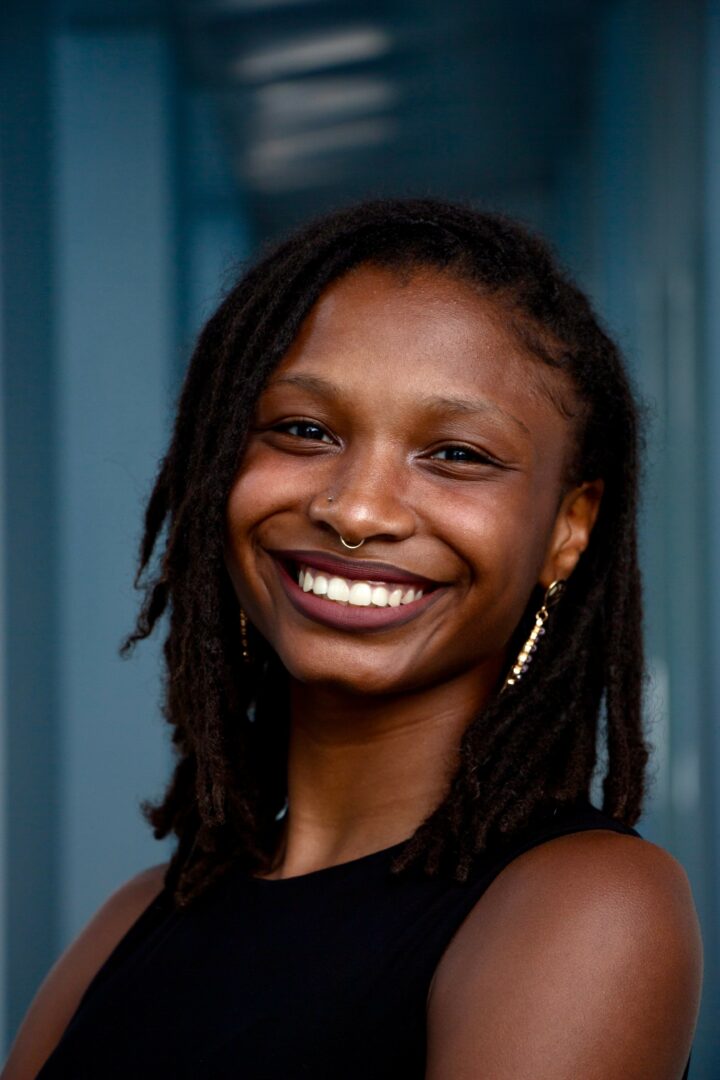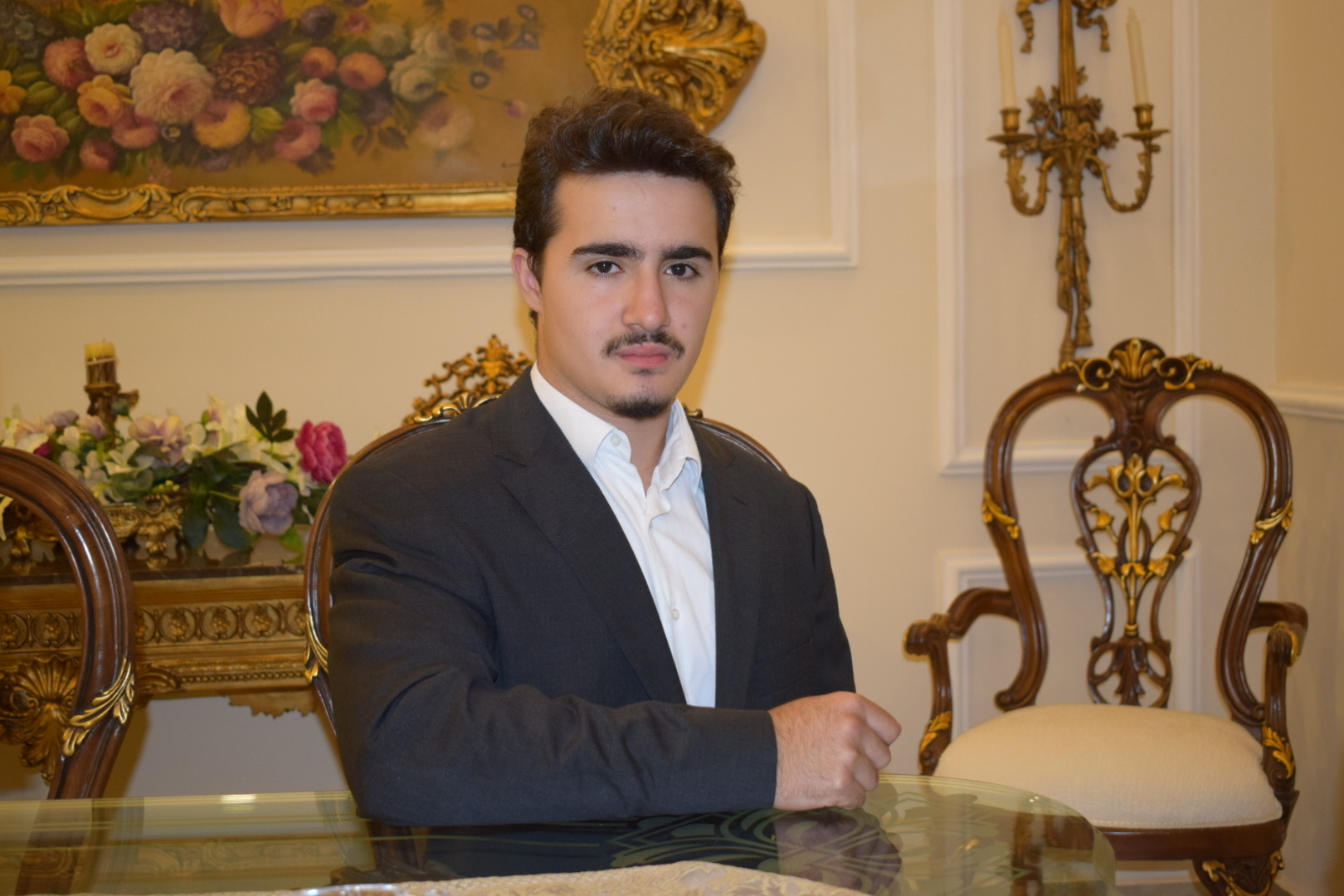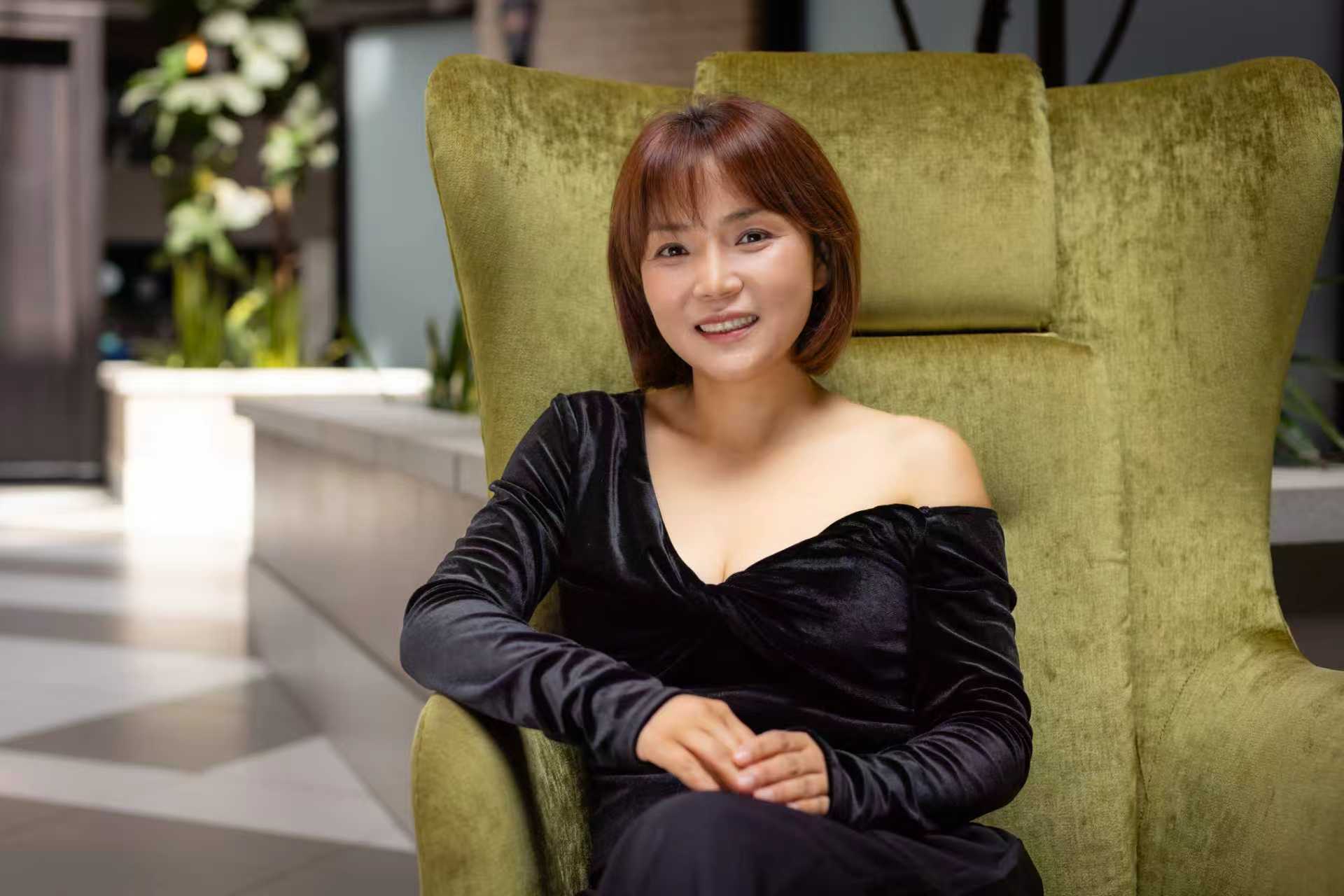We caught up with the brilliant and insightful Jada McCray a few weeks ago and have shared our conversation below.
Hi Jada, so excited to talk about all sorts of important topics with you today. The first one we want to jump into is about being the only one in the room – for some that’s being the only person of color or the only non-native English speaker or the only non-MBA, etc Can you talk to us about how you have managed to be successful even when you were the only one in the room that looked like you?
Being young and Black as a wellness entrepreneur has often left me as the only one in the room who looks like me. I can think back to many instances—from trainings to grief retreats—where I am not only the only person in their early 20s, but also the only Black person. It has taken time, and still takes time, to be who I am and to see the value in what I bring to the table, which is often a new perspective. Funny enough, I thought being Black would be the thing people had a hard time getting past to see me as an equal counterpart based on my lived experience, but it is actually the fact that I am in my early 20s.
I often get the confused look of why or how I made it into a space, and I can see their gears turning as they try to pinpoint my age to make it make sense for themselves. I am usually met with, “I’m sorry, but I have to ask… how old are you?” *Cue eye roll.* I’m sorry to say, but that is the least useful question—and no, I don’t answer. I don’t think it is relevant to the majority of the spaces I am in. However, at one particular event, I was told, “You are so lucky” to be young and in the space with them. Really, so lucky? We were at a grief retreat. In those moments, I didn’t feel lucky, and that choice of words made me feel like I didn’t belong. I had to explain that I have experienced a series of unfortunate events that led me to resonate with that space, and I did not feel lucky because of them. The very definition of “lucky” is “having or attended by good luck” (The American Heritage Dictionary of the English Language, 5th Edition). I wouldn’t call years of depression, anxiety, and grief “good luck.” Instead of using a “you are” statement, maybe as an elder, start with “I am”. “I am so proud to see a young person in this space,” “I am filled with so much gratitude that I can pass my knowledge down to be carried forward by you”. There’s a slight repositioning that can make someone feel welcomed and empowered when they are obviously the odd one out.
One of the best ways I ground myself after feeling excluded because of my age is by seeing the value of starting young. I tell myself that because I am young, I have time to continue to learn, apply, fail, and try again. I empower myself with my age instead of seeing myself as inferior within a space. It took time to reposition this mindset for myself. It took time and people who saw me for me, not my age, race, or other demographics. While our age and culture can inform how we experience and interact with the world, they don’t dictate how much we’re able to bring to the table. Your personal lived experience, learnings, reflections, and unique perspective carry the weight for you.
Maybe a better comment or question the woman could have asked is, “What brought you here?” Learn about one another’s depth and journey before jumping to conclusions based on what you see on the outside. Keeping this as a reminder for myself—and for how I interact with others—has been essential when I am the only one in the room who looks like me, or when I see someone else who seems like the odd one out.
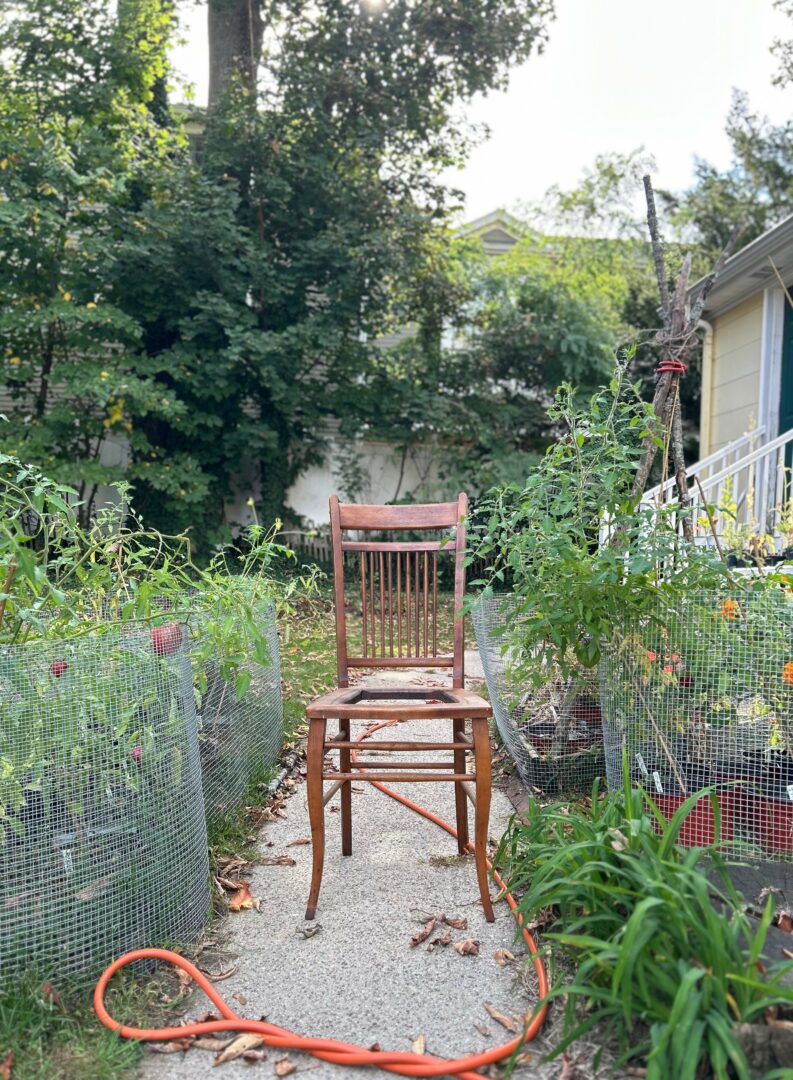
Let’s take a small detour – maybe you can share a bit about yourself before we dive back into some of the other questions we had for you?
As the owner and founder of Radical Roots Wellness LLC, I create spaces for others’ transformation. I do this through individual and group coaching, helping others build transformative experiences, and leading workshops, retreats, and speaking engagements. I started this business and journey because of my mental health experiences growing up and learning about the power of holistic wellness in healing ourselves. Because of that foundation, I primarily work from a mental, emotional, and spiritual perspective, with physical embodiment practices included, rather than focusing on exercise and nutrition alone.
I am most excited about my new service in Greater Boston, Ecotherapy Coaching, where I take clients into nature to reconnect and journey through their internal landscape, helping them identify their current challenges and goals. This experience is a blend of applied ecopsychology and life coaching. I work with clients to explore their relationship with nature and how it relates to their lives, deepening that connection. Some clients already have a strong connection with nature; with them, we work from that space to achieve the goal their heart desires. For those who don’t, or whose connection has been disrupted in some way, we start by dipping our toes in until we are fully immersed in the experience.
My favorite thing to notice is that what we once thought we wanted is actually not what we needed. Often, we need something much simpler and deeper to feel balanced and well. Finding that piece in this space is what I call a “revelation with nature” (in a non-religious context). Discovering who you are and the path you are on right now, in nature, has been revolutionary on its own.
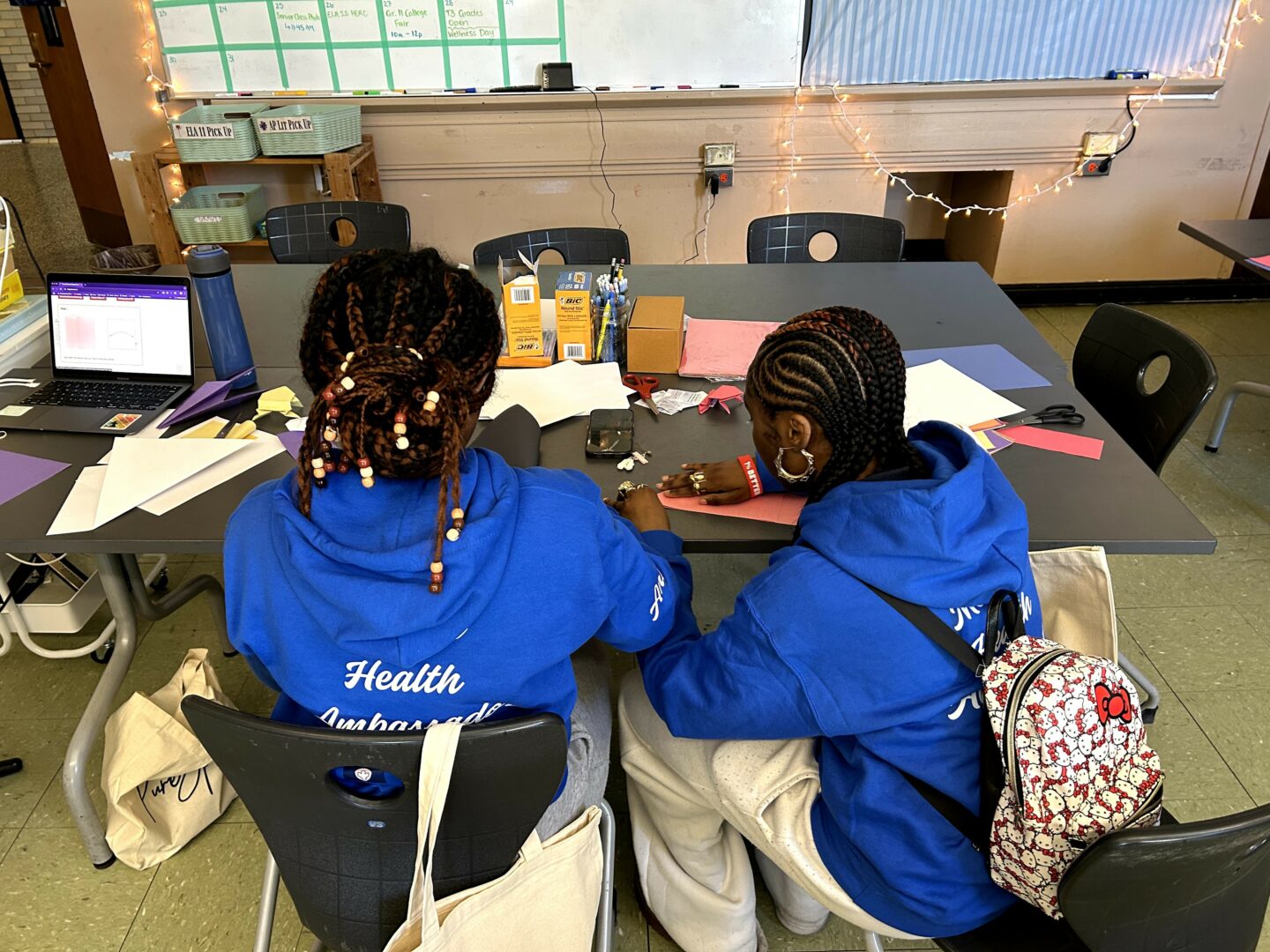
If you had to pick three qualities that are most important to develop, which three would you say matter most?
The top three skills and qualities I love to promote in myself and others are courage, confidence, and curiosity, with an honorable note for empathy. Embodying these qualities takes time, effort, and intention. Every day, I ground myself and recommit to this practice. I encourage you to join me in asking: “Am I being courageous right now? What would that look like?” “Am I being confident, or am I shying away for some reason?” “Am I listening closely? What can I ask that would deepen what I’m learning?” Doing these mental check-ins is a great place to start, whether it’s with a partner, with nature, with friends and family, or with yourself. These check-ins—whether mid-conversation or not—matter. Practice them for the next week and see what comes to light.
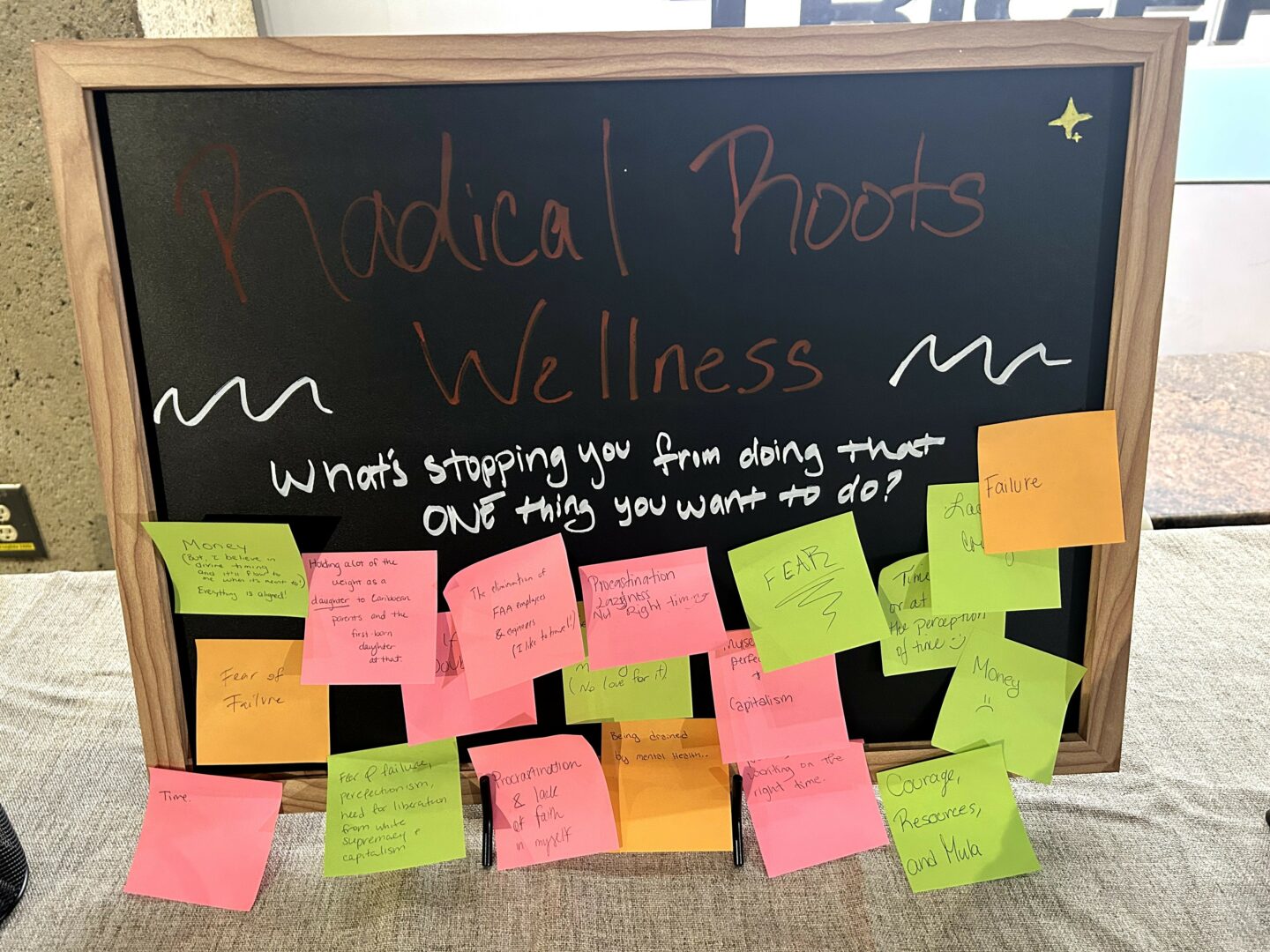
Do you think it’s better to go all in on our strengths or to try to be more well-rounded by investing effort on improving areas you aren’t as strong in?
If I had to recommend anything, I would suggest diving into your strengths at full force, but pausing to see where there is learning to be done. Part of being human is having our own quirks and natural abilities. I believe it is essential to identify them and do our best to strengthen them.
We often notice these qualities in ourselves at a young age. For example, when I was very young, I helped a friend who wanted to be a singer create a webpage to share her passion. I helped another friend work through depression and find light at the end of the tunnel. I supported another friend in building confidence and feeling comfortable in their body and in public. I did all of this through my natural gifts and talents, gifts I had not fully named until I was 20. That is when I found coaching. I could have simply adopted the title and started calling myself a coach, but I did not. I joined an accredited program to learn the ins and outs of coaching and how to be a competent coach. Competency is key. Strength is what you can do at your best; competence is what you can be counted on to do every time. Invest effort in rounding out your innate strengths, because competence is built through continuous learning and consistent application.
The same was true with my ecotherapy coaching service. I knew I had an affinity for healing in nature because of my own journey, and I knew I wanted to help others do the same. I could have just started and learned along the way, but I chose to join a program to learn what I did not yet know or had not considered. In both instances, I had major learnings in areas outside my familiarity that could have been detrimental if I had not done my due diligence.
So I say, go all in on your strengths. Make that the big picture. Become competent first, and keep going until you are great. Then do the same with your other strengths. And never forget, there is always learning to be done.
Contact Info:
- Website: https://www.radicalrootswellness.com
- Instagram: https://www.instagram.com/radicalrootswellness/
- Linkedin: https://www.linkedin.com/in/jada-mccray-rrw
- Other: Email: [email protected]
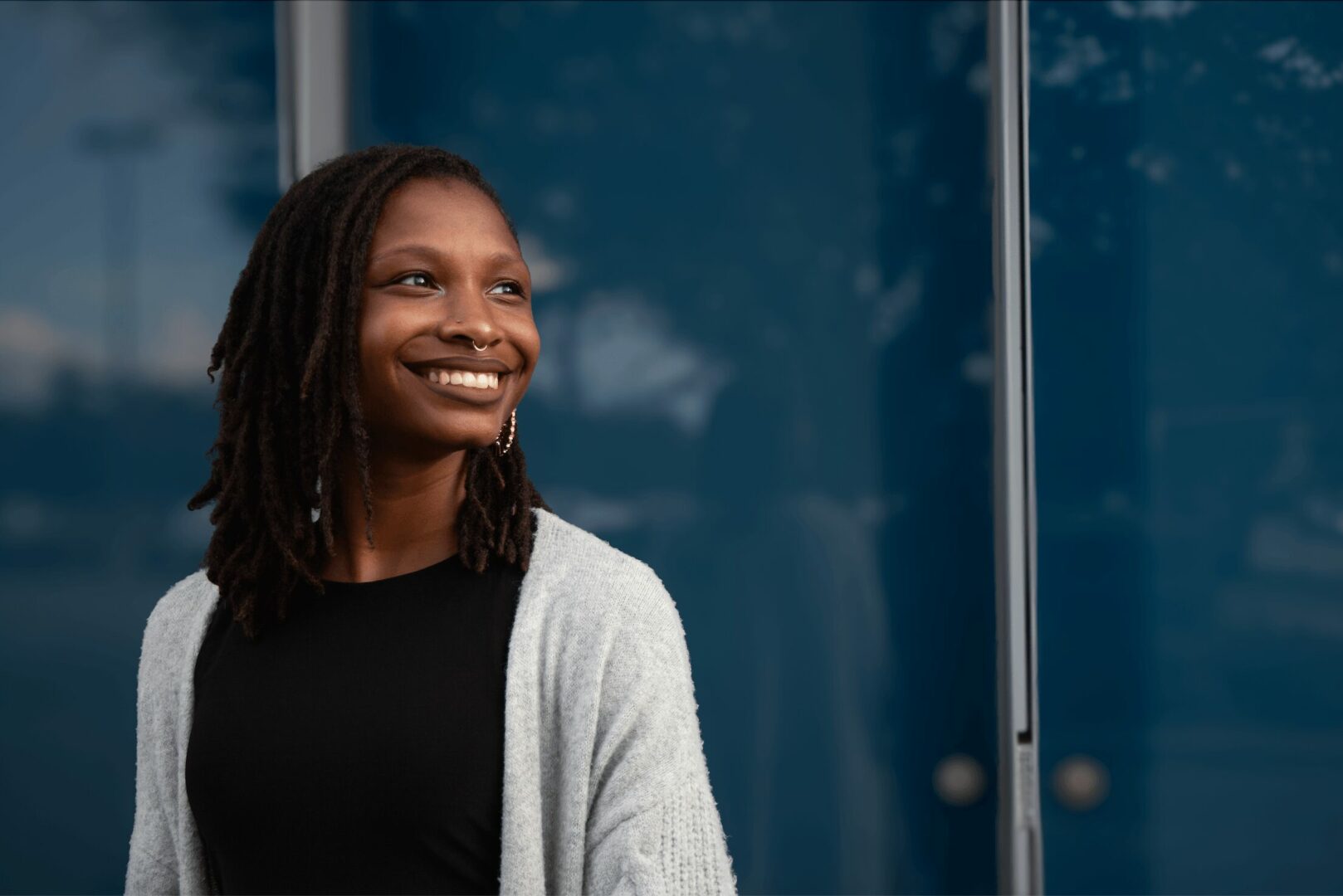
Image Credits
Zanyah Brooks
so if you or someone you know deserves recognition please let us know here.

